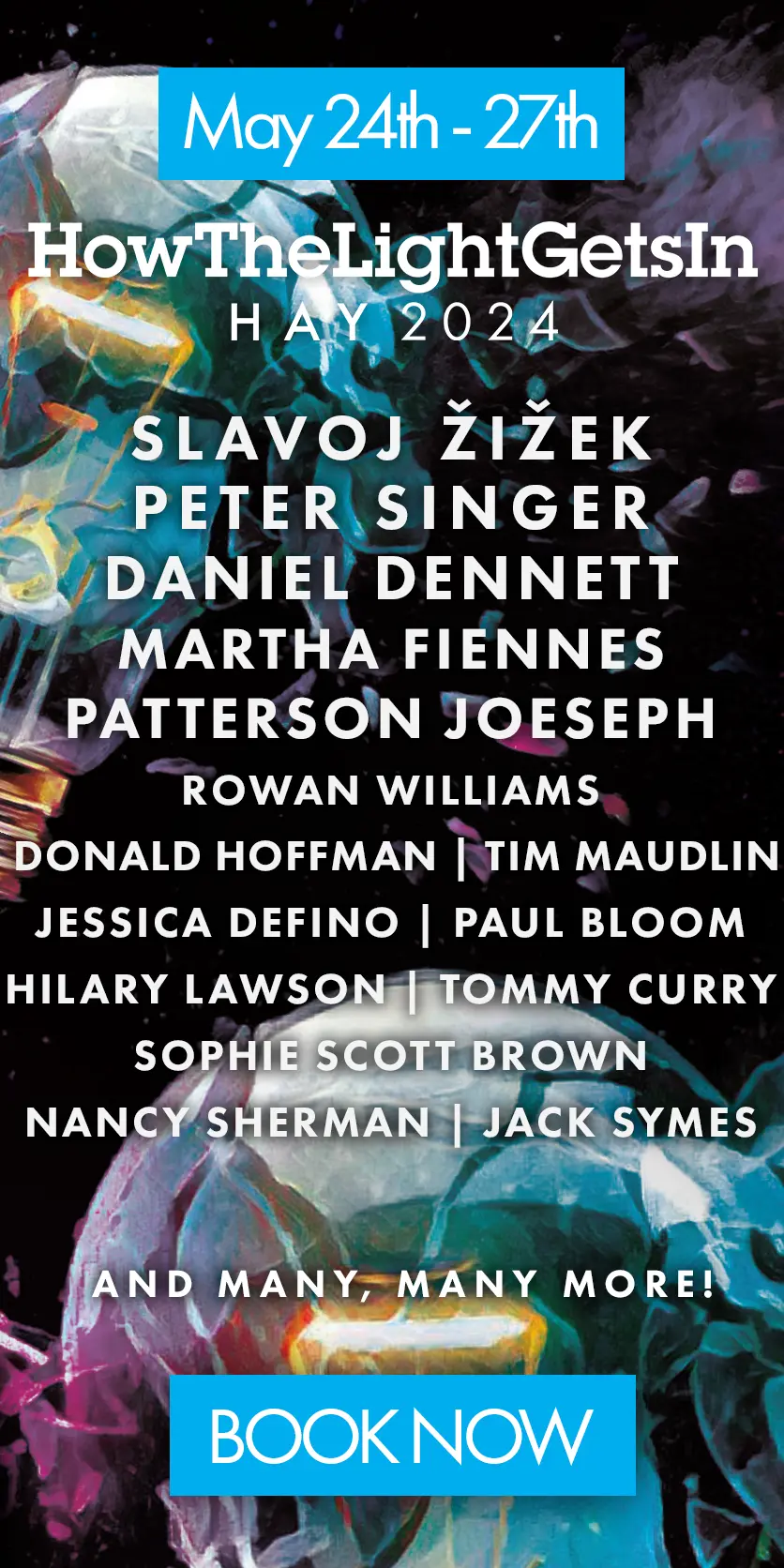Our belief in progress, the idea that everything will go on improving, is strangely recent. For a start, our ancestors would have been surprised to learn that we thought we could see into the future at all. Their cultures were built on the reality that no one can.
But they’d have been even more surprised to discover that we believed life would get better. They thought everything had declined since a Golden Age, when all was plenty and people lived in harmony with nature and each other.
The Ancient Greeks and Romans believed we were shrinking physically, and Plato came up with the idea of breeding supermen to reverse this trend. Unlike his near contemporary, Confucius, who more modestly thought we could improve the way we were governed, Plato believed we could not only improve society but improve ourselves.
This idea didn’t really grow teeth until we began to understand the mechanics of breeding, during the Enlightenment. Darwin was careful to call his book the Descent on Man, not the ascent. But believers in eugenics willfully misinterpreted his theory of evolution by means of the survival of the fittest, which meant the most suited not the strongest. This resulted in the mass extermination of those who didn’t fit a predetermined notion of what a better human should be.
The suffering of millions eventually taught us that we can’t improve human nature, nor should we try. Human nature, itself, is now sacrosanct. But we still cling to the idea that we can improve nature in general.
It’s true that scientific discoveries have made our lives a lot more pleasant. No one wants to return to 18th century dentistry. But the issue that faces us now is that technological advances enable us to pollute our land, air, rivers and seas on a global scale with potentially disastrous consequences for ourselves.
Given our innate inability to see into the future and our recently acquired blind faith in progress, the grim reality is that millions of people will probably have to die horrible, premature deaths before the survivors realise that we’ve got to respect nature as a whole as much as we respect human nature itself.
The birth of the Internet might suggest that technology is still capable of coming up with surprises that improve our lives. The Internet is, indeed, a wondrous development in communication systems, but not in what is said. Immense, unsustainable resources now power an ocean of what is largely junk, most of it salacious, in cyberspace.
Trash seems to be our lot. We’re not just trashing the planet but trashing our culture. Our respect for individuality, a legitimate reaction to the genocides of National Socialism and Communism, has led to a politically correct egalitarianism, which is generous, because there are no losers and all shall have prizes, but belittling, because it provides no platform for the necessarily few living artists who have something exceptionally interesting to say.
Olympic ideals still reign, harmlessly, in the arenas of sport and the high culture in the past, but the culture we create today has seen a leveling down to the bottom line, or more specifically a line on a level with the bottom.
Ordinariness is the rule in ‘Celebrity Culture’, outstanding talent an instant disqualifier. Our continuing hunger for personal distinction is satisfied by endless TV talent shows in all fields of human endeavour, but these tend to be egalitarian and amateur, not exclusive nor professional.
Public art galleries could have provided one of the few remaining platforms for excellence in contemporary creation. But a sea of salacious junk has inundated these foci of interest as well. Two main currents of thought have swelled this tide of trash.
The first is the lingering belief, upheld by some, that art is one product of human nature that can still be ‘advanced’. The trouble is that preconception is always a diminution in creation. Modern art, in pursuit of the avant-garde, has been thinned down to a ‘cutting edge’. Now it’s disappeared.
‘Found Object Art’ strips artists of any need to display distinguishing creative and imaginative skills. Now in art galleries, as in popular culture, anything goes.
The second current has resulted from the stirring of an unholy brew. Art dealers and museum curators have joined forces to become circus fortune-tellers. They pretend they can see into the future and tell which works of art, among the millions made today, will be valued by future generations.
The prey in their sights are the mega rich, who invest millions in contemporary art, decking its worthless trash in fool’s gold, with all the media razzmatazz that brings. The much-vaunted ‘progress’ in contemporary art is nothing other than a huge confidence trick.
Art can’t be ‘advanced’. Van Gogh is not ‘better’ than Rembrandt, and Picasso is not ‘better’ than both of them. Art that bids self-consciously for lasting fame always has a hollow ring. Art, at its best, is always and only a profound, all-embracing expression of what it means and feels to be fully alive at a particular moment in time.
We have to see our current situation as clearly as we can. To aid that increasing awareness, we need to see what today’s artists are creating in response to the reality we all have to face.
Gallery curators, like all those whose job it is to select contemporary art for public show, must stop being fake clairvoyants and untie the strings that link their decisions to the marketplace. They need to take an independent stance and, drawing on their appreciation of the art of the past, seek out the genuinely original and meaningful art of our times, which is buried now under the flotsam and jetsam of our blind faith in progress, an ocean of worthless trash.

















Join the conversation